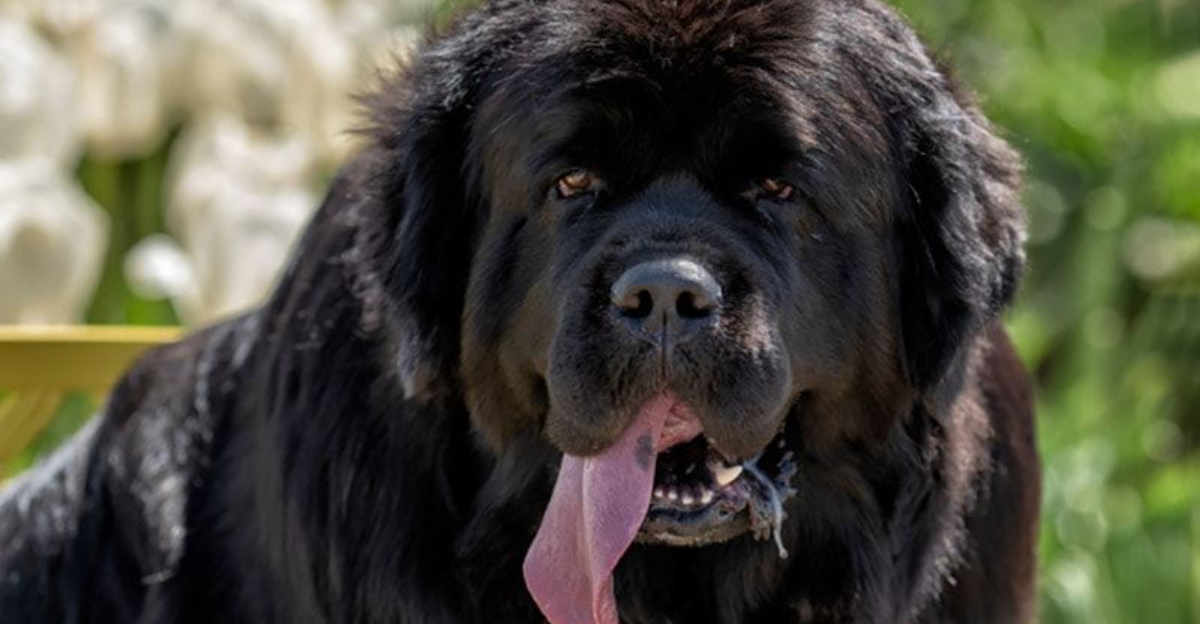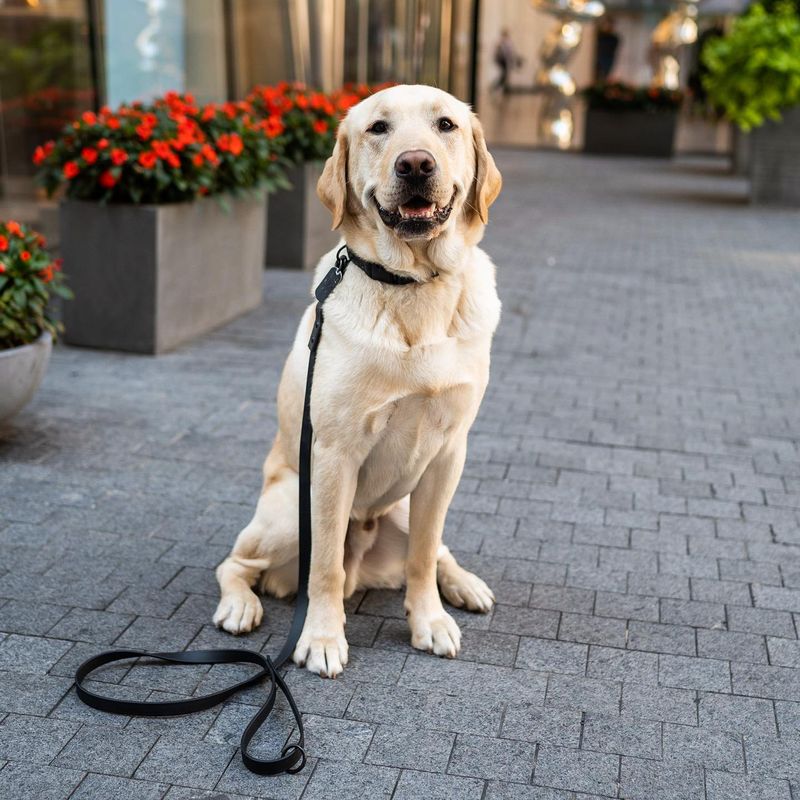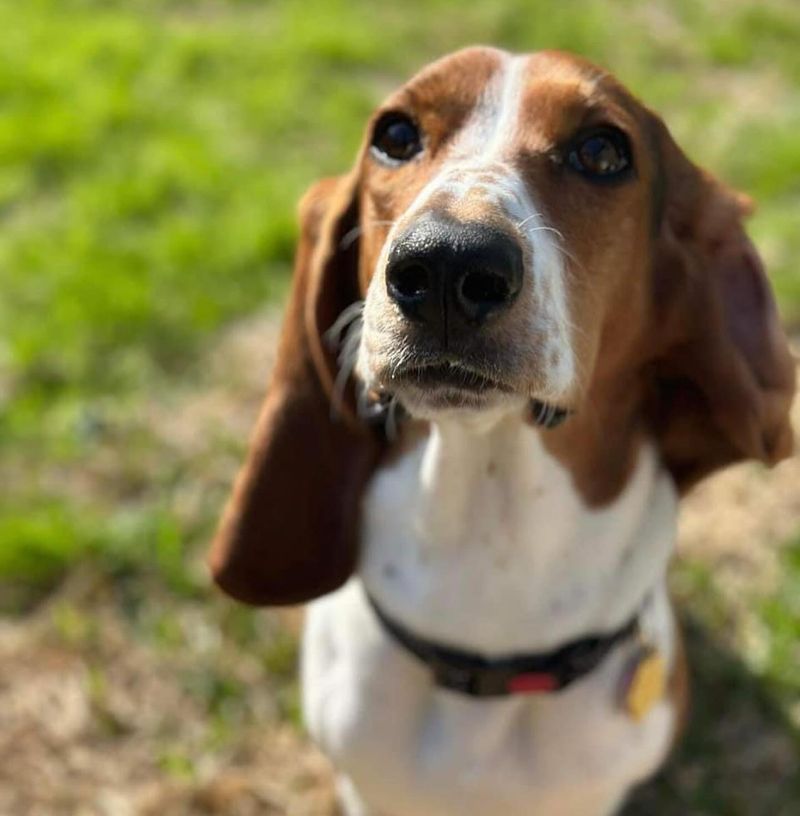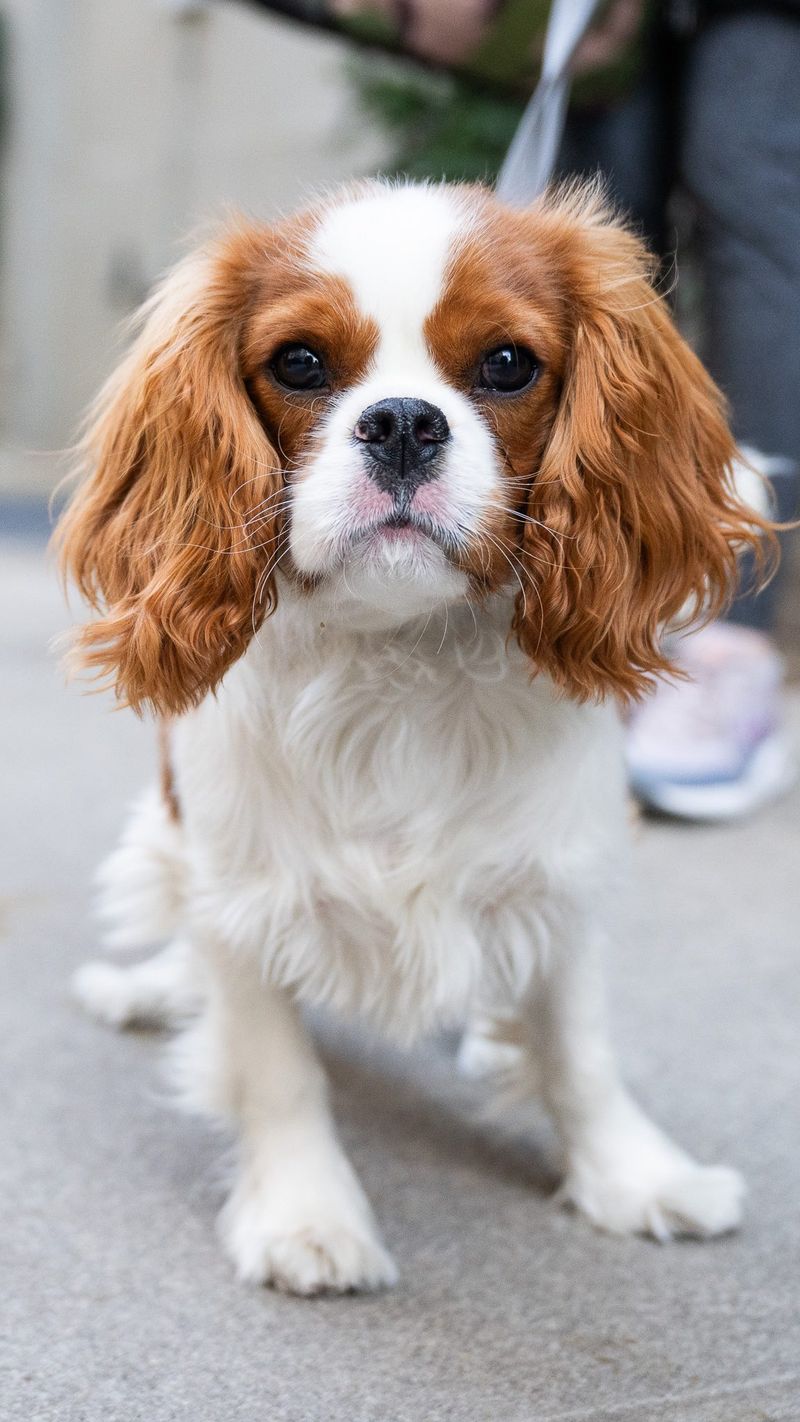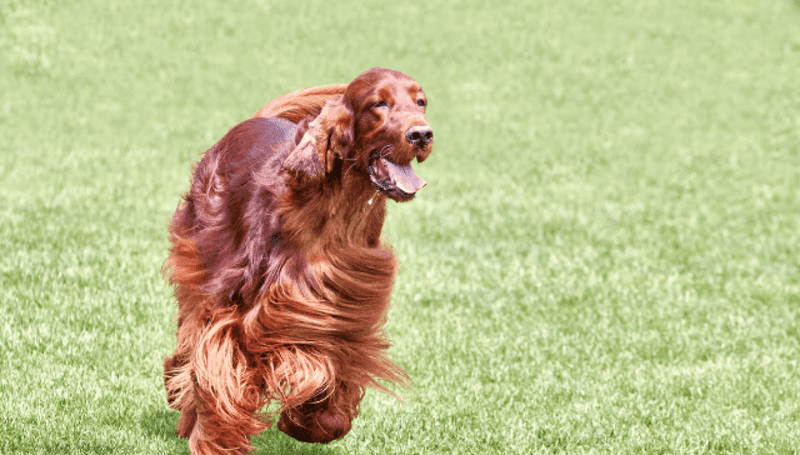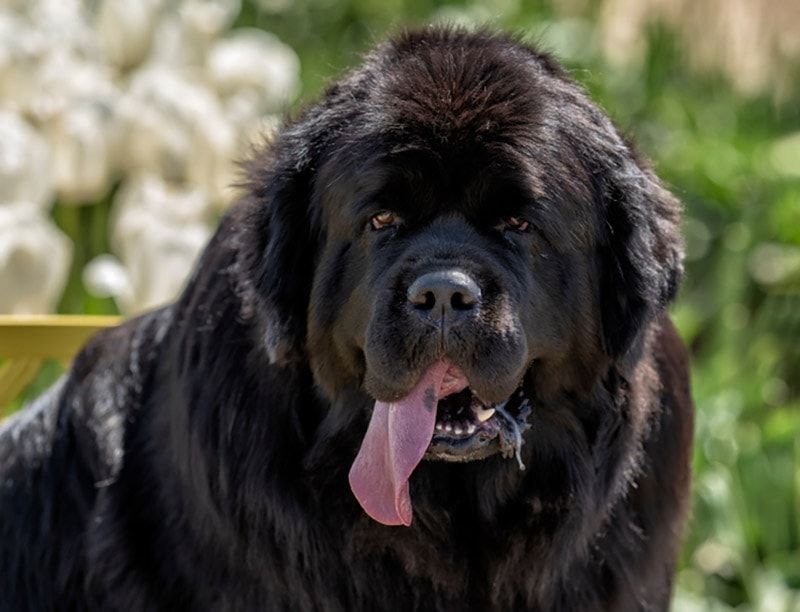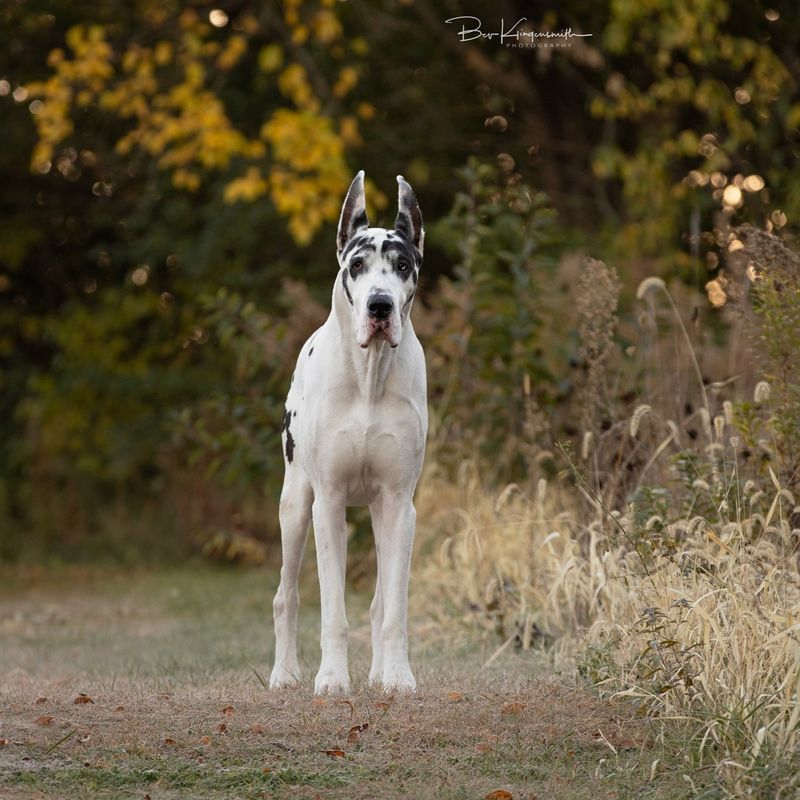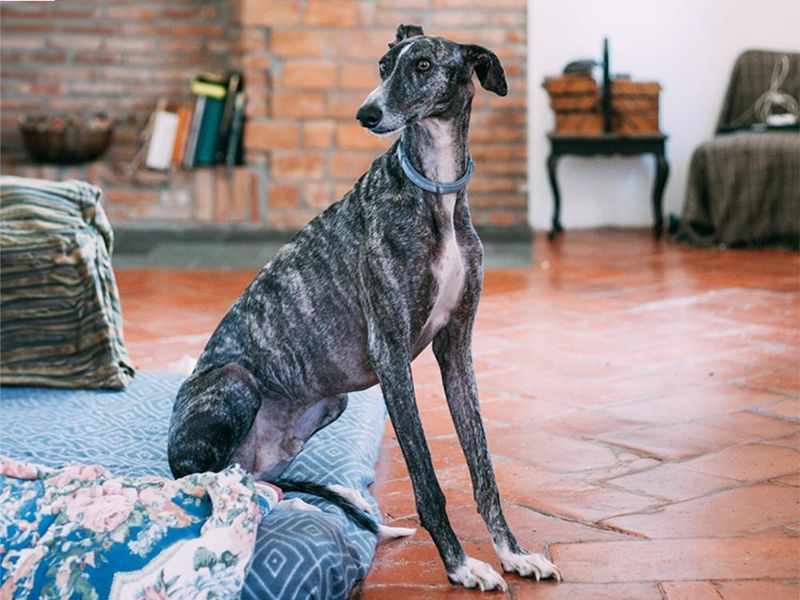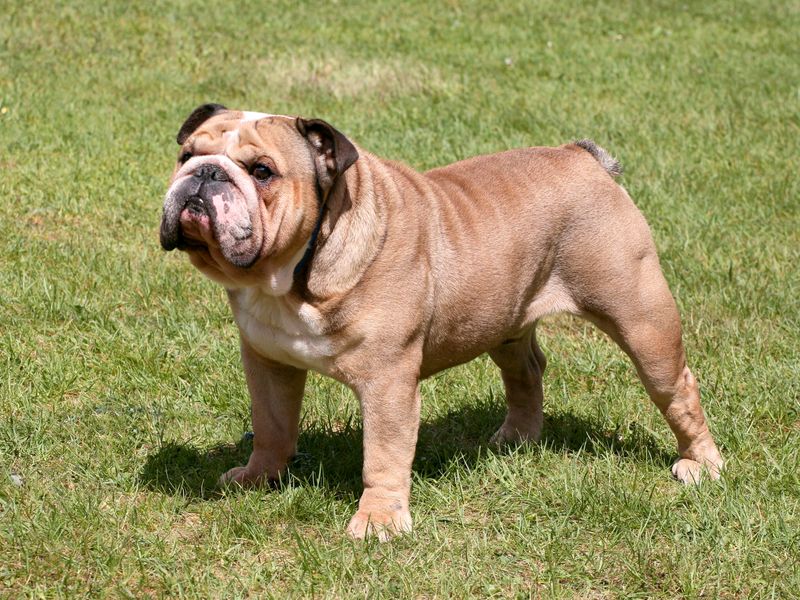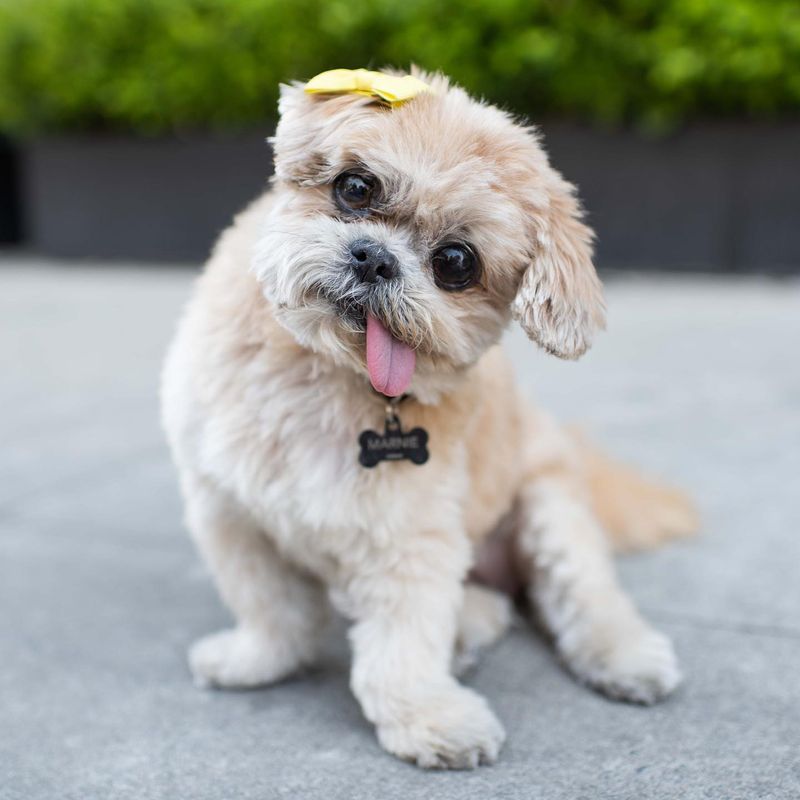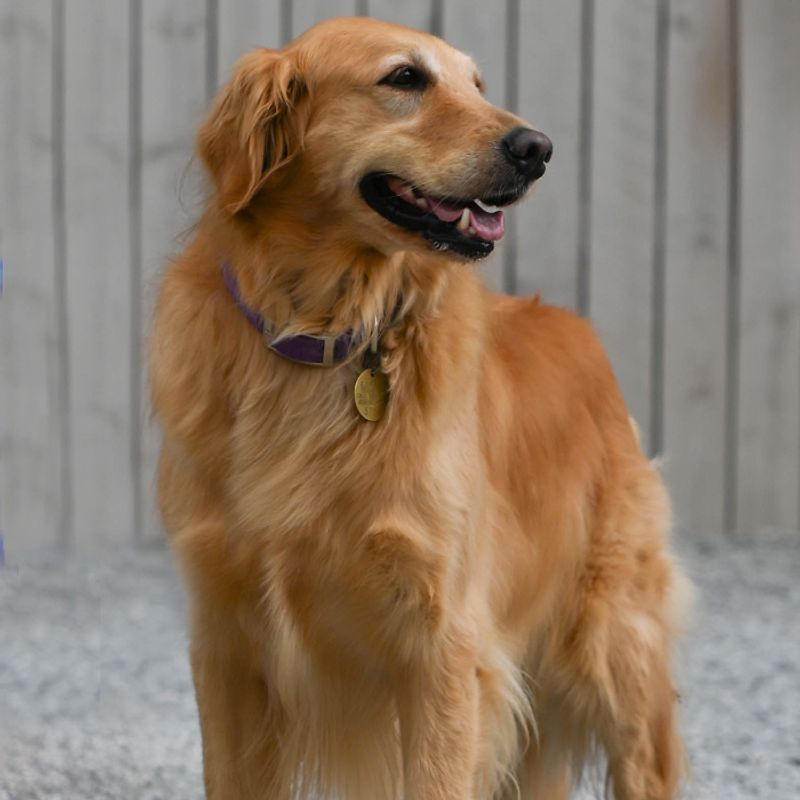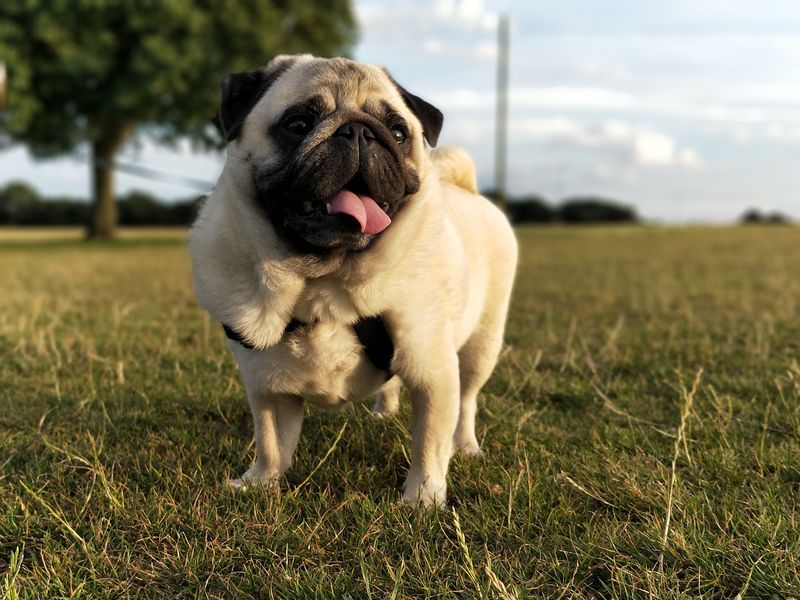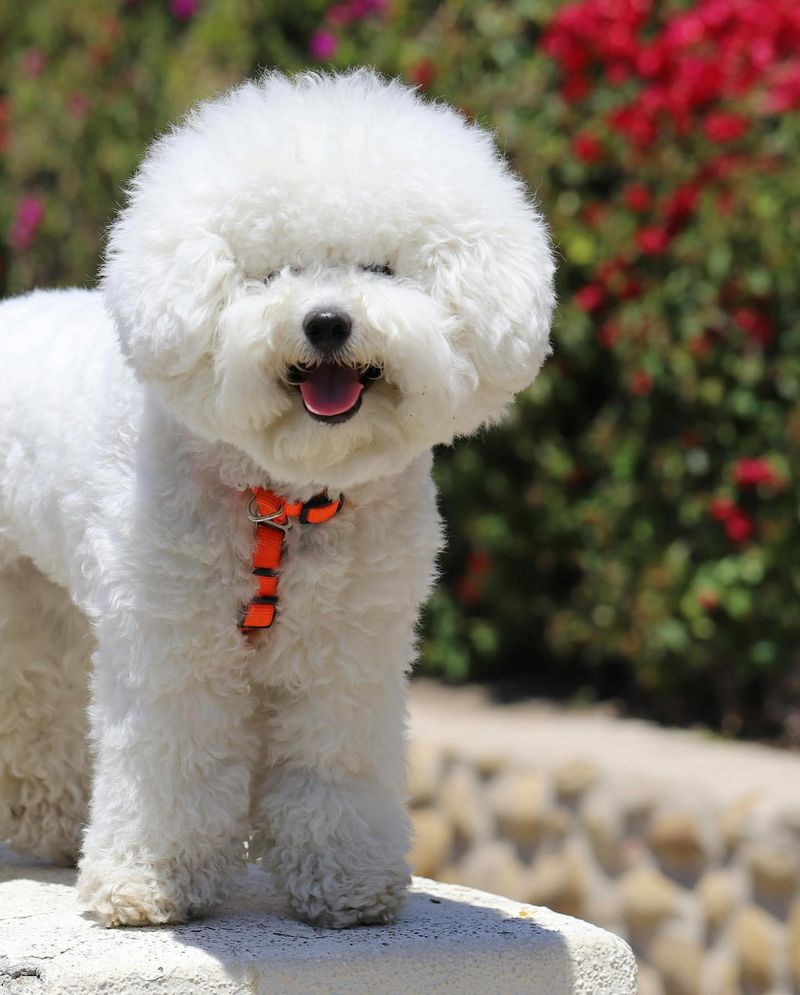While some dogs naturally exude an aura of protection, not all breeds are cut out for the role of a guard dog. Despite their tough exterior, certain breeds are more likely to greet intruders with a wagging tail rather than a growl. This list explores 13 dog breeds that, although they may look intimidating, are better suited as companions rather than protectors. From their temperament to their playful nature, these breeds are more likely to win hearts than ward off unwanted guests. Discover why these dogs make loving pets, even if they’re not guarding your home.
Labrador Retriever
The Labrador Retriever’s boundless energy and love for everyone make it a popular family pet, not a guard dog. Labs are incredibly social and are known to befriend just about anyone, including strangers.
Their history as hunting companions has honed their skills in retrieving rather than guarding. Labs are also frequently used as service dogs, highlighting their intelligence and gentle disposition. Though they may bark at a passerby, their intentions are usually to play rather than protect.
Basset Hound
Basset Hounds are renowned for their incredible sense of smell and their laid-back attitude. While their droopy eyes and long ears might give them a somber appearance, these dogs are all about relaxation.
Originally bred for hunting small game, Basset Hounds prefer sniffing around the yard to standing guard. Their melodic bay may sound an alert, but their low energy levels keep them from being effective protectors. Instead, they’re more likely to nap through any commotion.
Cavalier King Charles Spaniel
Charming and affectionate, the Cavalier King Charles Spaniel is the epitome of a lap dog, not a watchdog. With their expressive eyes and gentle demeanor, these dogs are more likely to snuggle than snarl.
Historically cherished by royalty for their companionship, Cavaliers are social butterflies who love being around people. Their small size and friendly nature make them ideal companions, but ineffective guard dogs. Even at the sight of an unfamiliar face, they are more inclined to wag their tail than to raise an alarm.
Irish Setter
Irish Setters are known for their striking red coats and exuberant personality. They are spirited and loving, with a great fondness for their human families.
Originally bred as hunting dogs, their focus on tracking game overshadows any inclination to guard. Irish Setters are energetic and require plenty of exercise, making them playful companions rather than protective watchmen. Their friendly attitude towards strangers further diminishes their guarding capabilities.
Newfoundland
With a heart as big as its paws, the Newfoundland is every child’s gentle guardian. Known for their calm and sweet nature, these gentle giants are more likely to nuzzle an intruder than to bark at them. Their love for water and rescuing people makes them better suited for water work than guarding a house.
Newfoundland dogs have a history steeped in saving lives, often seen pulling in sailors or swimmers from the water. Their massive size may seem imposing, but their temperament is all about kindness and care.
Great Dane
Despite their towering stature, Great Danes are gentle souls. Often referred to as “gentle giants,” they are affectionately calm and friendly.
While their size may deter some intruders, their temperament is more inclined towards making friends. Historically bred for hunting boar, their role has shifted to being loving family companions. Great Danes are patient and loving, making them wonderful pets but not formidable guard dogs.
Whippet
Whippets are sleek and elegant, known for their speed and agility. Despite their athleticism, they are incredibly gentle and laid-back when at home.
Originally bred for racing, Whippets are more about speed than security. Their quiet demeanor and love for lounging make them unlikely to bark at strangers. They enjoy the comfort of home and are more likely to cuddle than to confront an intruder.
Bulldog
The Bulldog’s stout and muscular appearance may suggest toughness, but their character is all about relaxation. Known for their easygoing and affectionate disposition, Bulldogs are more likely to nap than to guard.
Their history as bull-baiting dogs has long been replaced by a love for family life. Bulldogs thrive in a calm environment and have little interest in guarding duties. Their distinctive appearance may fool some, but their laid-back attitude shines through.
Shih Tzu
Shih Tzus are the epitome of charm and elegance, with a history rooted in royal companionship. These small dogs have a big personality and a love for life.
While their alertness might suggest some guarding instincts, they’re more about companionship than confrontation. Shih Tzus prefer the comfort of a lap to the responsibilities of guarding. Their warm and friendly nature ensures they’re beloved pets, not watchdogs.
Golden Retriever
Golden Retrievers are synonymous with friendliness and love. Their joyful and affectionate nature makes them ideal family pets but not guard dogs.
These dogs are more likely to welcome strangers with a wagging tail than a growl. Known for their intelligence and willingness to please, Goldens excel in obedience but lack the protective instincts of a guard dog. Their history as hunting companions emphasizes their retrieving skills rather than guarding capabilities.
Pug
Pugs are full of character, with a playful and charming personality that wins hearts. Their small size and affectionate nature make them perfect companions.
While they may alert you with their comical bark, their priority is play, not protection. Pugs have a rich history of being loved by emperors and are more inclined to entertain than to guard. Their delightful antics and sociability make them lovable but ineffective as guard dogs.
Bichon Frise
Bichon Frises are known for their fluffy coats and vibrant energy. These cheerful dogs are all about joy and play, rather than guarding duties.
Their small size and friendly demeanor make them perfect for families seeking a lively companion. Bichons are playful and sociable, with a history as circus performers and companions. They are more likely to play fetch than to fend off intruders, embodying happiness rather than hostility.
